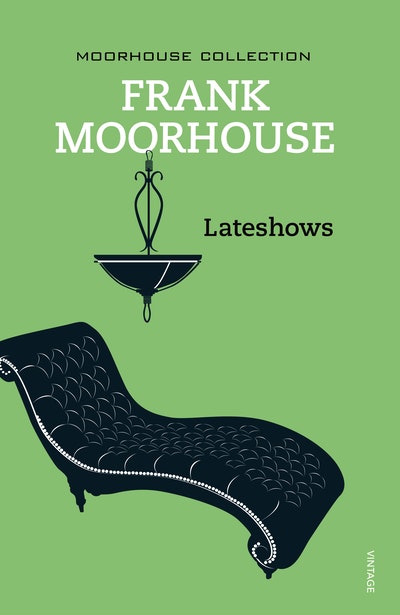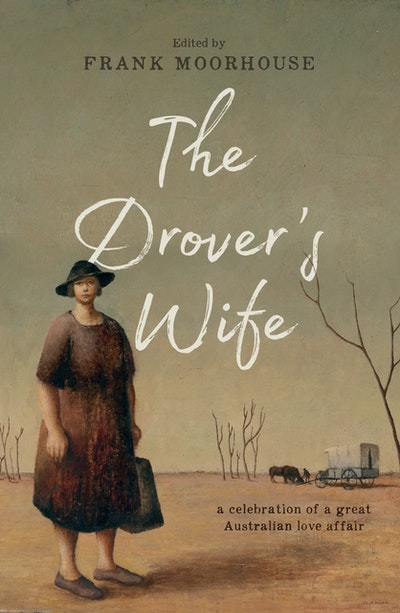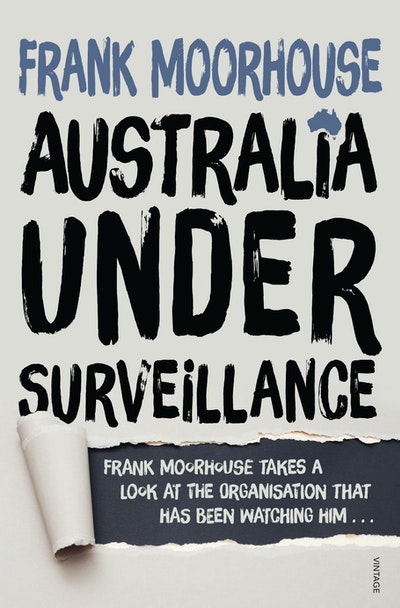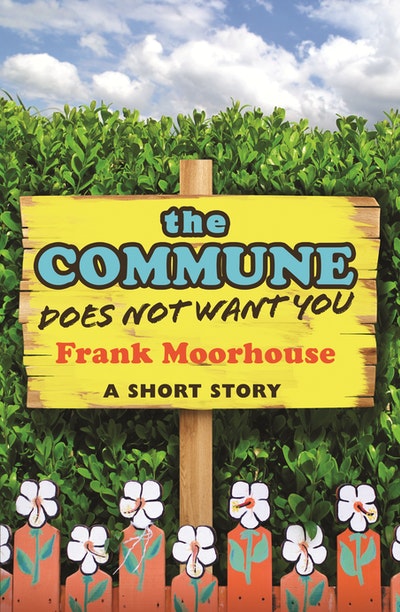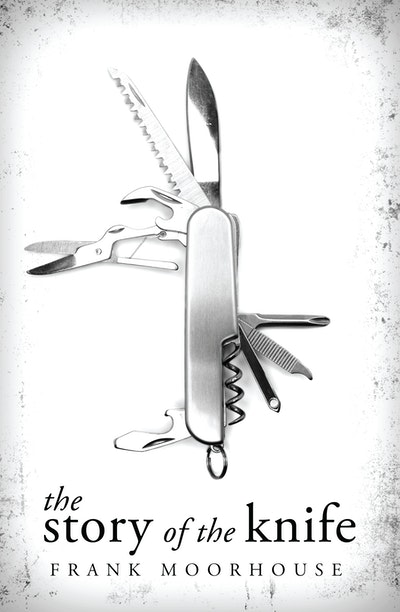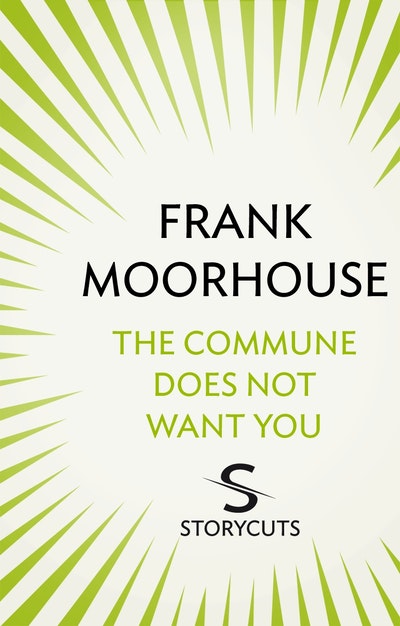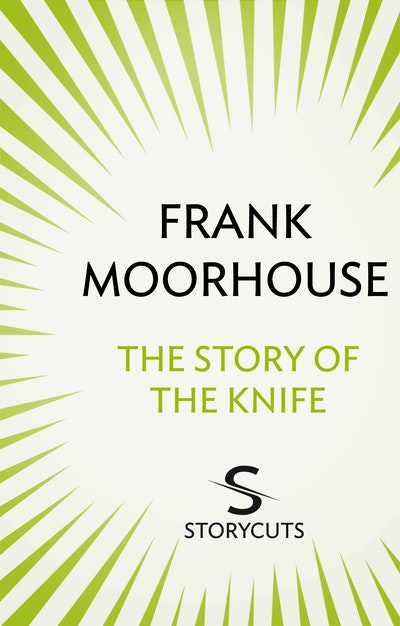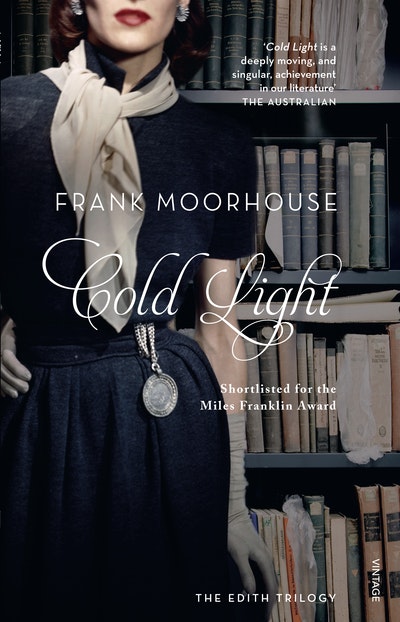Our Hero explores contemporary protocols - of family, food and art - looks at the tragic evanescence of technology and investigates meal reform and the science of life.
THE CLUB. I also thought I moved with what was called the Fast Crowd but I have begun to face up to the slowing of the Fast Crowd. My friends now not only move with a more leisurely pace, I observe, but with an undignified lack of urgency, are slower to rise from their chairs, and also, I have noticed, they have begun to procreate. The Late Family had arrived in my life. For some of my friends the Late Family had replaced the Late Show.
THE MOVIE This is a story about how the flow of life is made into stories, how stories become films, how the making of stories and films itself becomes stories, and how stories become the flow of life.
THE CABARET VOLTAIRE It occurs to me that the telephone answering machine is something of a wall, albeit a friendly wall. Robert Frost’s neighbour says that good fences make good neighbours. Good greetings on a telephone answering machine make good telephone neighbours. But as Frost says, ‘Something there is that doesn’t love a wall, That wants it down.’ I suppose some people do not like the wall to joke. There will always be those types. The telephone answering machine could be seen as the dog Cerberus barking at the gates of Hades. The dog Cerberus didn’t stop people coming into Hades - he stopped people going out. The telephone answering machine is Cerberus trying to prevent the people who come down the dark tunnel of the telephone from getting away. It holds them by their voice, seizes them by their throat.
